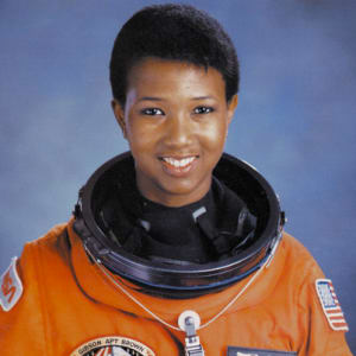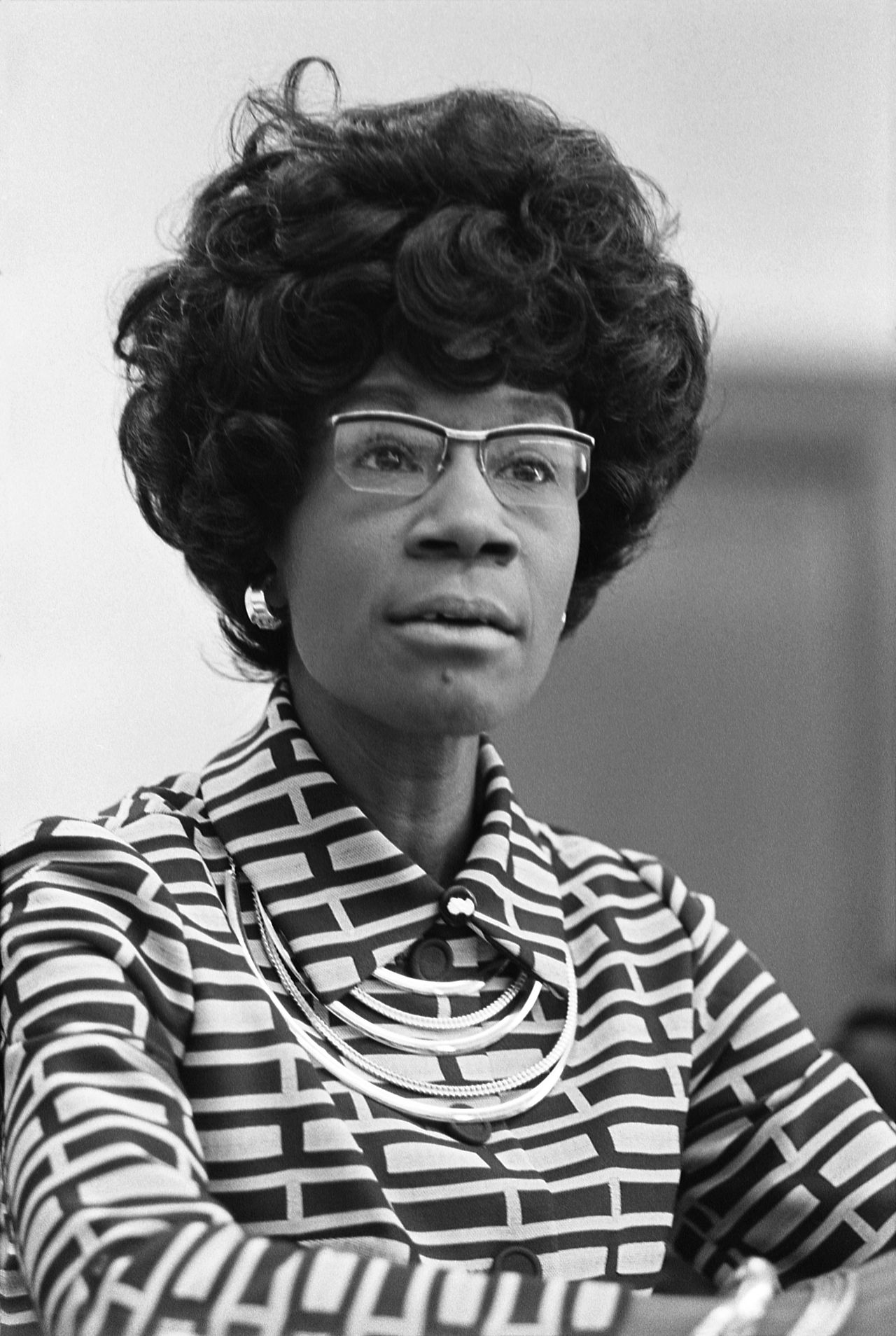
Opening Remarks from our DEI Director, Robbye Kinkade
Please view here (Access Passcode: u.4!RJ6w)
Events
February 3, 2021, 1:00 – 2:20 PM
Webinar: Stony Brook University Black History Month Opening Ceremony
Keynote
Dr. Julieanna L. Richardson, Founder and Executive Director, The HistoryMakers Oral History Video Collection
Register in advance HERE
February 11, 2021, 5:30 - 6:30 PM
Minorities and Mental Health
The School of Health Technology and Management is pleased to continue the celebration of Black History Month by addressing a very important topic for the Black community – mental health. Please join us for a panel discussion on minorities and mental health. Our panelists will be Anne Marie Montijo, LCSW, Sheri-Ann Best, LCSW, and Jarvis Watson, EdD.
Discussing mental health needs may often be stigmatized by some members of the Black community despite evidence which supports the need for such services. According to recent studies, the rates of mental illnesses in African Americans are similar with those of the general population. However, disparities exist in regard to mental health care services. African Americans often receive poorer quality of care and lack access to culturally competent care. Only one-in-three African Americans who need mental health care receive it. In addition, compared with non-Hispanic whites, African Americans with any mental illness have lower rates of any mental health service use including prescription medications and outpatient services, but higher use of inpatient services. Compared with whites, African Americans are less likely to receive guideline-consistent care, less frequently included in research, and more likely to use emergency rooms or primary care (rather than mental health specialists). Source: SAMHSA, Center for Behavioral Health Statistics and Quality, National Survey on Drug Use and Health.
For event recording/transcription, please click here
February 25, 2021, 5:30 - 6:45 PM
SHTM Black History Month Closing Ceremony: The Black Community and Resistance to the COVID-19 Vaccine
The School of Health Technology and Management is pleased to continue the celebration of Black History Month by addressing a very important topic for the Black community – fears about receiving the COVID-19 vaccine.
Join us as we welcome Dr. Jedan Phillips, MD, FAAFP as he discusses the current disproportionality in rates for black people in terms of infection with COVID-19, poorer health outcomes, and deaths. Dr. Phillips will engage participants in answering questions about the virus as well as to challenge participants to think about the question - where do we go from here?
For event recording/transcription, please click here
Spotlight on Black History
 |
Mae C. Jemison (1956 - ) On June 4, 1987, Jemison became the first African American woman to be admitted into the NASA astronaut training program. After more than a year of training, she became the first African American woman astronaut, earning the title of science mission specialist — a job that would make her responsible for conducting crew-related scientific experiments on the space shuttle. When Jemison finally flew into space on September 12, 1992, with six other astronauts aboard the Endeavour on mission STS47, she became the first African American woman in space. In recognition of her accomplishments, Jemison received a number of accolades, including several honorary doctorates, the 1988 Essence Science and Technology Award, the Ebony Black Achievement Award in 1992 and a Montgomery Fellowship from Dartmouth College in 1993. She was also named Gamma Sigma Gamma Woman of the Year in 1990. In 1992, the Mae C. Jemison Academy, an alternative public school in Detroit, Michigan, was named after her. From Biography.com |
 |
Dr. Kizzmekia S. Corbett (1986 - ) Dr. Kizzmekia S. Corbett is a research fellow and the scientific lead for the Coronavirus Vaccines & Immunopathogenesis Team at the National Institutes of Health (NIH), National Institute of Allergy and Infectious Diseases, Vaccine Research Center (VRC). She received a B.S. in Biological Sciences, with a secondary major in Sociology, in 2008 from the University of Maryland – Baltimore County, where she was a Meyerhoff Scholar and an NIH undergraduate scholar. She then enrolled at University of North Carolina at Chapel Hill, where she obtained her Ph.D. in Microbiology and Immunology in 2014. A viral immunologist by training, Dr. Corbett uses her expertise to propel novel vaccine development for pandemic preparedness. Appointed to the VRC in 2014, her work focuses on developing novel coronavirus vaccines, including mRNA-1273, a leading candidate vaccine against the virus that causes COVID-19. In response to the ongoing global COVID-19 pandemic, the vaccine concept incorporated in mRNA-1273 was designed by Dr. Corbett’s team from viral sequence data and rapidly deployed to industry partner, Moderna, Inc., for U.S. Food and Drug Administration (FDA)-approved Phase 1 clinical trial, which unprecedently began only 66 days from the viral sequence release. Stony Brook University SHTM Connection: In 2005, Dr. Corbett was a summer intern in Dr. Gloria Viboud's lab where she studied Yersinia pseudotuberculosis pathogenesis. From American Society for Microbiology
|
 |
Shirley Chisholm (1924 - 2005) |

